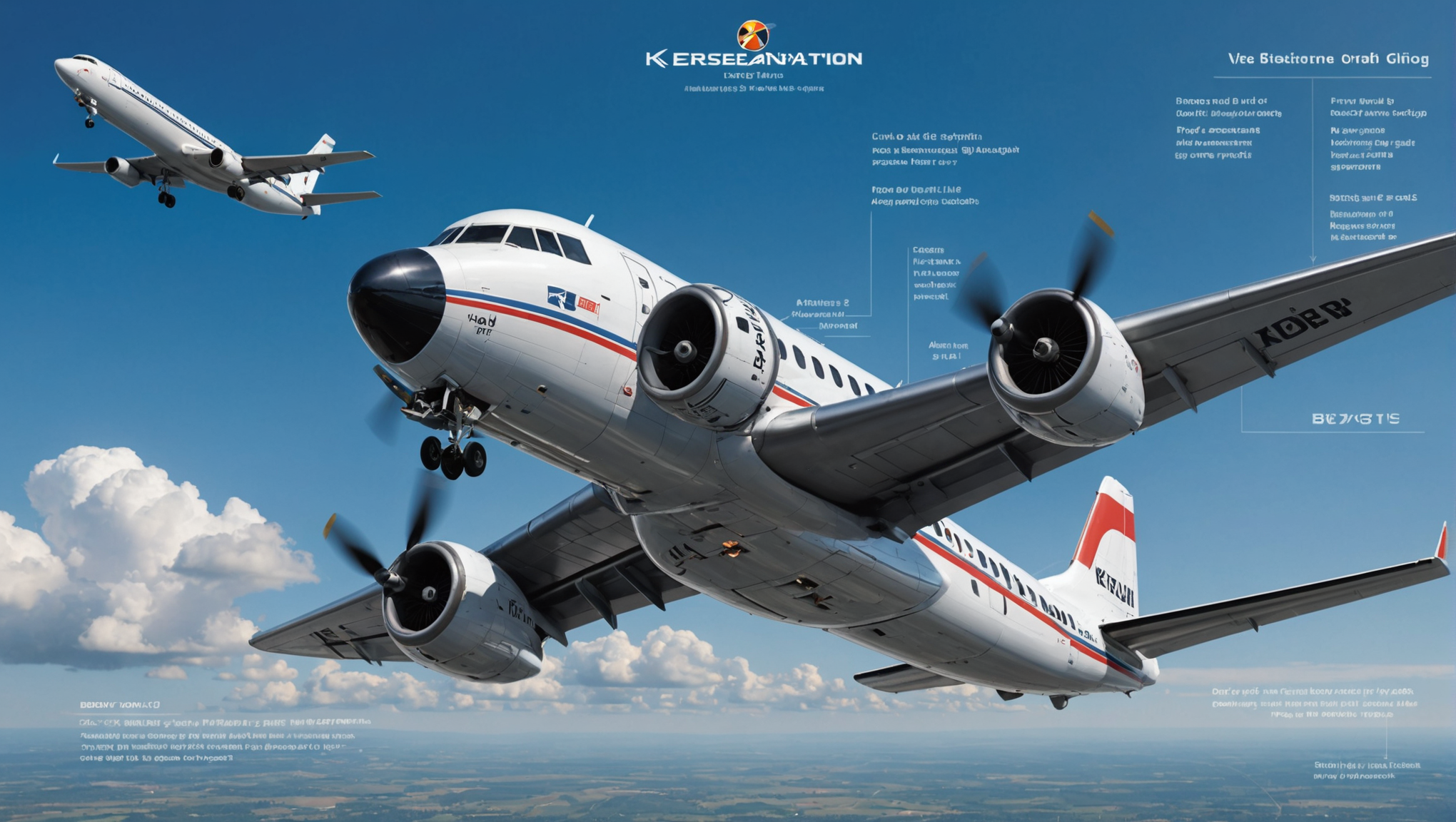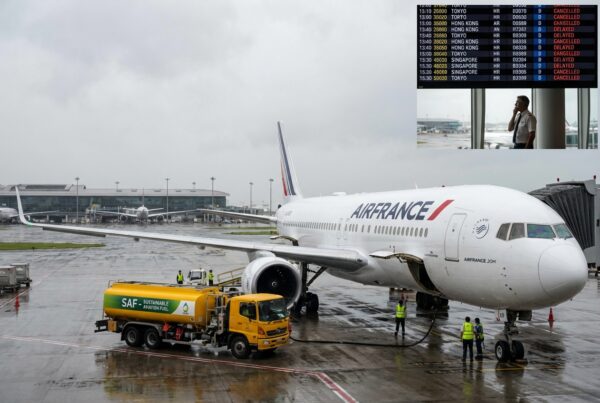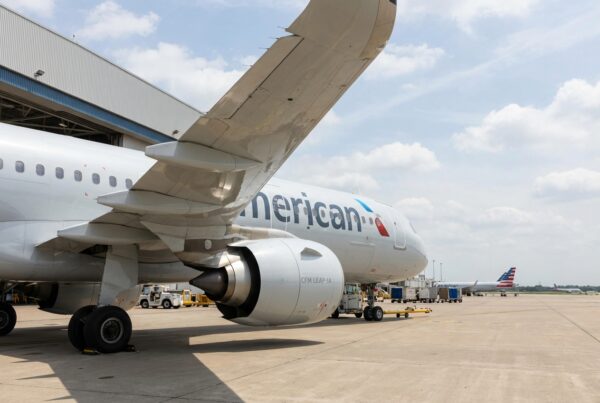In civil aviation, kerosene is widely preferred to gasoline for aircraft fuel. But why this choice? What are the advantages of this specific aviation fuel? Let's explore the reasons why kerosene is the preferred fuel for airliners.
Chemical properties of kerosene

Visit kerosenealso known as Jet A1, is a fuel derived from crude oil. It has a chemical composition that makes it particularly well suited to the needs of aircraft. Its chemical stability and high boiling point minimize the risk of explosion and fire, thus offering a high level of safety. safety for air transport.
Energy efficiency and autonomy
Kerosene has a higher energy density than gasoline, which means it produces more energy per unit volume. This translates into better energy efficiencyThis means that aircraft can fly longer distances without the need for frequent refuelling. This autonomy is crucial for long-haul.
Resistance to extreme temperatures
Kerosene has excellent resistance to temperature variations. It remains fluid even at very low temperatures, an essential quality for high-altitude flights where temperatures can drop well below zero. Gasoline, on the other hand, tends to freeze more quickly, which can lead to mechanical problems.
Cost and availability
Global kerosene production is more profitable than gasoline when you consider the scale and needs of the aviation industry.civil aviation. In addition, the availability of kerosene at the world's major airports makes it a viable logistical choice. Supply is well organized and storage infrastructures are well established.
Standards and regulations
International standards impose the use of kerosene in commercial aviation. These regulations guarantee uniformity worldwide, making it easier to refuel aircraft in different countries without the complications of using different types of fuel. This harmonization is crucial to ensuring safety and fluidity of flight operations.
Environmental impact
Although kerosene is not a totally recyclable fuel ecologicalHowever, it is more energy-efficient than gasoline. Current advances in biofuels and the development of synthetic kerosene aim to reduce the airline industry's carbon footprint in the future.
Brief comparison of kerosene and gasoline
| Kerosene | Gasoline |
| Chemical stability | Less stable |
| High energy efficiency | Less efficient |
| Low-temperature resistant | Freezes more easily |
| Optimized production costs | More expensive |
| Uniform international regulations | Non-harmonized |
Newsletter
Receive our latest news directly in your mailbox.




